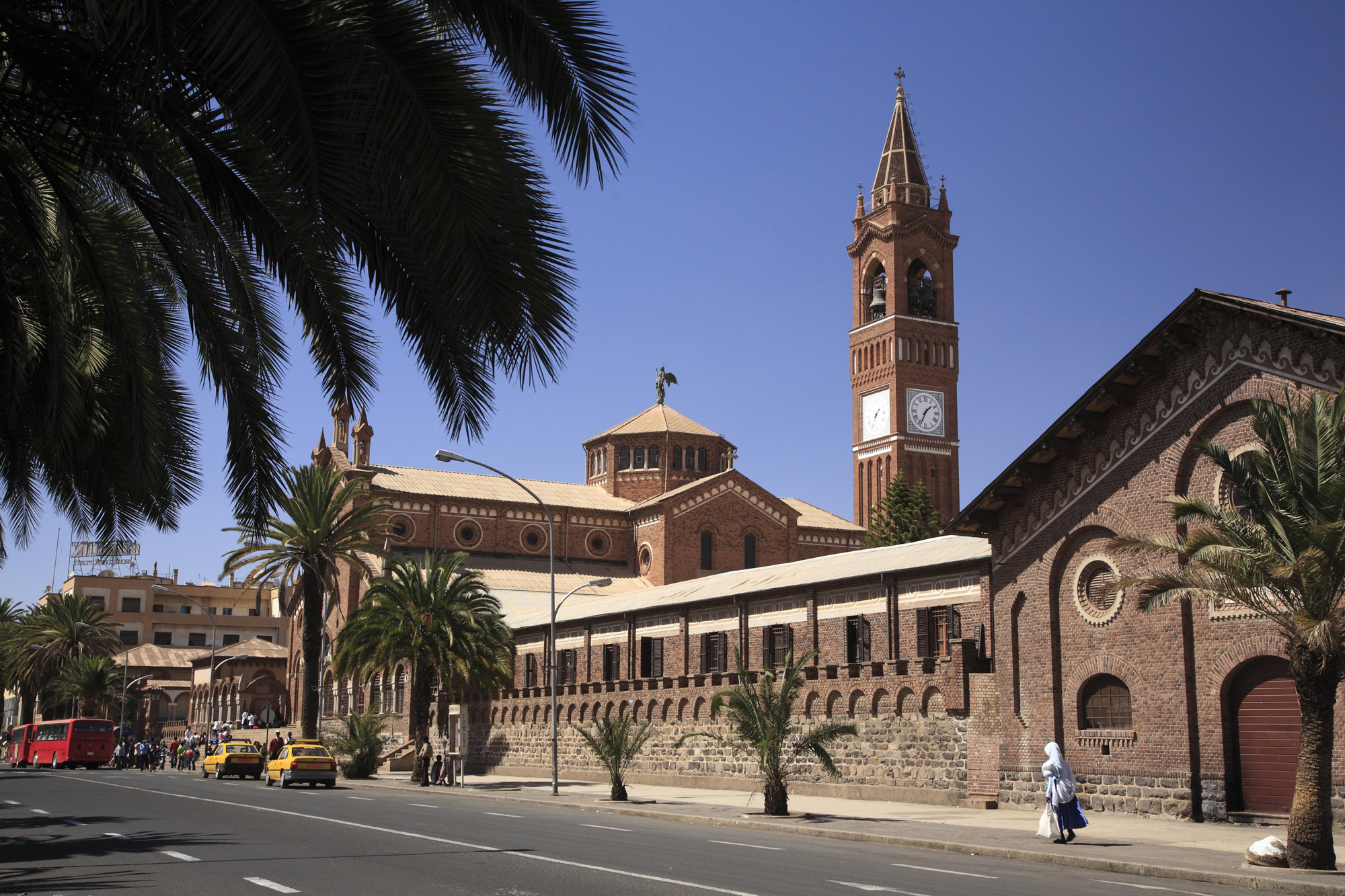The significance of the industrial sector to national and regional development is very clear. Industrial enterprises diversify the economic activity of the agrarian-dominated production structure of our African countries that is mostly at a subsistence level. The share of the industrial sector, including manufacturing, mining and construction, ranges in the average of 40 to 50 percent of the GDP of most of the countries in Africa. Though the labor force deployed in this sector remains low (mostly 1 to 2 percent) compared to agriculture and other sectors, its contribution to economic growth is significantly high.
Most of the industrial enterprises in our countries are limited to food, beverages, tobacco and matches, textiles, leather and shoes, metal and woodwork, printing, nonmetallic minerals and chemicals. The colonial legacy of the concentration of economic activities in few limited centers, either in capital cities or seaports, is observed in many of the countries in Africa. Hence, the balanced industrial regional development policy, if appropriately implemented and assisted through the TICAD process, is key to social stability and employment creation on the African continent.
Most of the existing industrial enterprises in sub-Saharan Africa are mostly small scale. The need to shift to heavy industrial scale is critical now. Therefore, meeting the demands for efficient infrastructure facilities is a key factor for the successful achievements of the African Development Agenda 2063. The clarion call of Japan and African cooperation in the sixth Tokyo International Conference on African Development (TICAD VI) being the flow of foreign direct investment (FDI), know-how and technology to the industrialization, health and social stability of our countries, it is imperative to express and underline the fundamental mutual interest of collaboration in these key areas with Japan in this important summit being held in Africa for the first time.


















With your current subscription plan you can comment on stories. However, before writing your first comment, please create a display name in the Profile section of your subscriber account page.